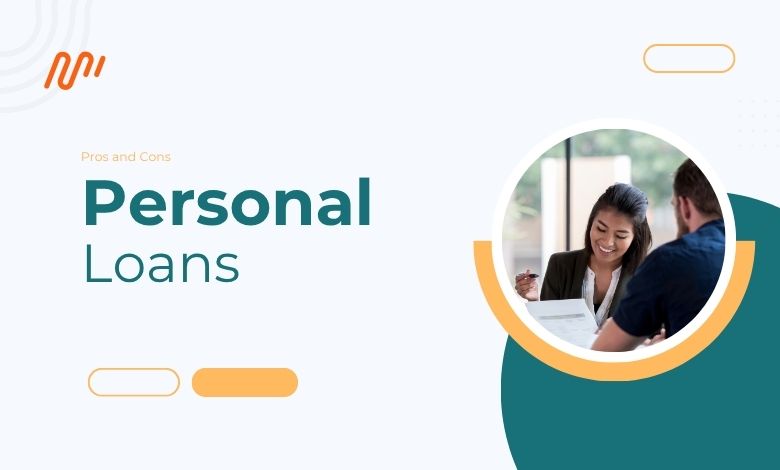Green Mortgage Programs in the U.S.: Energy-Efficient Financing Explained

As awareness about environmental sustainability grows, many homebuyers and homeowners in the U.S. are seeking ways to reduce their carbon footprint while saving money. One powerful way to do both is through green mortgage programs—special financing options designed to support energy-efficient homes or improvements. These programs offer incentives such as lower interest rates, higher loan limits, or flexible underwriting to encourage energy-saving investments. If you’re considering buying a home or upgrading your existing one, understanding green mortgage options can help you make smarter, greener financial choices.
What Are Green Mortgage Programs?
Green mortgage programs are loan products specifically tailored for energy-efficient homes or projects. They provide borrowers with financial benefits that recognize the long-term value and cost savings of energy-efficient features. These programs typically apply to:
- New home purchases with verified energy-efficient construction
- Existing homes with planned or completed energy upgrades
- Renovations that improve a home’s environmental footprint
The goal is to lower monthly utility bills, reduce environmental impact, and sometimes even increase property values.
Popular Types of Green Mortgages in the U.S.
1. Fannie Mae HomeStyle Energy Mortgage
Fannie Mae’s HomeStyle Energy Mortgage allows borrowers to finance energy-efficient improvements as part of a conventional loan. Whether you’re purchasing a home or refinancing, you can add the cost of eligible upgrades to your mortgage.
Eligible improvements include:
- Solar panels
- Energy-efficient windows and doors
- Insulation upgrades
- High-efficiency HVAC systems
- Water-saving appliances
Key benefits:
- Financing up to 15% of the “as-completed” appraised value of the home
- Competitive interest rates
- Single loan covering home purchase and improvements
2. FHA Energy Efficient Mortgage (EEM) Program
Offered by the Federal Housing Administration (FHA), the EEM program helps borrowers finance energy improvements on FHA-insured loans.
Highlights:
- Available for home purchases and refinances
- Allows borrowers to add energy-efficient upgrades without increasing down payment requirements
- Loan limits are higher to accommodate improvement costs
This program is great for buyers with moderate credit scores who want to save on energy costs while purchasing a home.
3. VA Energy Efficient Mortgage
The Department of Veterans Affairs (VA) offers an Energy Efficient Mortgage for eligible veterans and military service members. Like FHA’s EEM, it allows borrowers to include the cost of energy-saving improvements in their VA loan.
Benefits of Green Mortgages
Lower Utility Bills
The biggest advantage of energy-efficient homes is reduced monthly energy costs. Improved insulation, modern heating and cooling systems, solar panels, and energy-saving appliances can significantly cut electricity and gas bills.
Increased Home Value
Energy-efficient features are increasingly attractive to homebuyers. Studies show homes with green certifications or upgrades often sell faster and at higher prices.
Financial Incentives
Green mortgage programs help cover upfront improvement costs through financing rather than out-of-pocket payments. Some lenders may also offer lower interest rates or reduced fees for energy-efficient properties.
Environmental Impact
Investing in energy efficiency reduces greenhouse gas emissions and reliance on fossil fuels, contributing to a cleaner planet.
What Makes a Home “Energy-Efficient”?
Lenders usually require some form of verification that the home meets energy efficiency criteria. This can come from:
- Energy audits or home energy ratings: Professionals assess your home’s performance using tools like the Home Energy Rating System (HERS) index.
- Certification programs: Labels such as ENERGY STAR, LEED (Leadership in Energy and Environmental Design), or other green building certifications.
- Proof of improvements: Receipts and contractor documentation verifying completed energy upgrades.
How to Qualify for a Green Mortgage
To qualify for a green mortgage, borrowers generally need:
- A good credit score (requirements vary by lender and loan program)
- Steady income and employment verification
- Documentation of energy-efficient improvements or planned upgrades
- Property appraisal that reflects the home’s energy-saving features
For renovation loans, lenders may require detailed work scopes, contractor bids, and post-renovation inspections.
Things to Consider Before Applying
- Upfront Costs: Although green mortgages help finance improvements, some upfront expenses or down payments may still be necessary.
- Loan Limits: Some programs have specific loan limits or restrictions on the types of improvements covered.
- Long-Term Commitment: Energy upgrades can increase property value but may require maintenance or updates down the line.
- Finding the Right Lender: Not all lenders offer green mortgage products, so shopping around is important.
Final Thoughts
Green mortgage programs in the U.S. offer a compelling opportunity for environmentally conscious homebuyers and homeowners to finance energy-efficient homes and upgrades. These loans combine the benefits of cost savings, environmental responsibility, and potential property appreciation. Whether you’re buying a new home with green features or planning energy-saving renovations on your current property, exploring green mortgage options can help you unlock financial and environmental advantages.
If you’re interested in green mortgages, start by consulting with lenders who specialize in these products or work with mortgage brokers knowledgeable about sustainable financing. Pairing your homeownership goals with energy efficiency is not only good for your wallet—it’s a step toward a more sustainable future.



